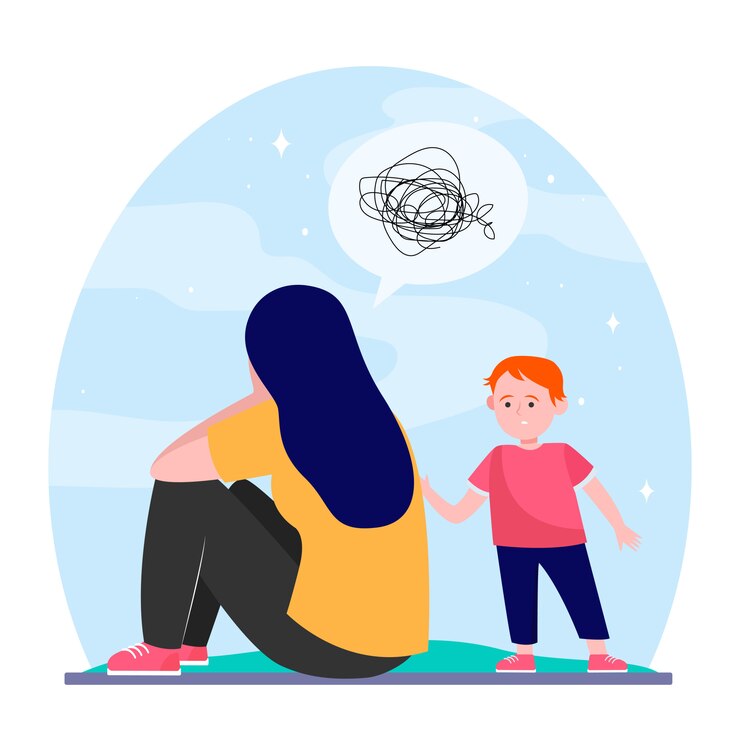
Understanding Schizophrenia in Children and Adolescents: Early Signs and Treatment
Schizophrenia is often associated with adults, but it can also affect children and adolescents. In this straightforward guide, we’ll explore the early signs of schizophrenia in young people and treatment approaches available to help them.
Early Signs in Children and Adolescents:
While schizophrenia typically manifests in late adolescence or early adulthood, there are early signs that parents and caregivers should be aware of in children and adolescents:
- Changes in Behavior: Look out for significant changes in behavior, such as sudden withdrawal from social activities, decline in academic performance, or loss of interest in hobbies and activities they once enjoyed.
- Hallucinations or Delusions: Children and adolescents with schizophrenia may experience hallucinations (seeing or hearing things that aren’t there) or delusions (false beliefs). They may talk about hearing voices or having unusual beliefs that seem bizarre or illogical.
- Disorganized Thinking: Difficulty organizing thoughts or expressing ideas coherently may indicate disorganized thinking, a common symptom of schizophrenia. Children and adolescents may have trouble following conversations or maintaining focus.
- Social Withdrawal: Notice if your child or adolescent becomes increasingly isolated or withdrawn from family and friends. They may prefer spending time alone and avoid social interactions.
- Emotional Changes: Pay attention to mood swings or changes in emotional expression. Children and adolescents with schizophrenia may exhibit flat affect (lack of emotional expression) or have difficulty expressing their emotions appropriately.
Treatment Approaches:
Early intervention is crucial for managing schizophrenia in children and adolescents. Treatment approaches may include:
Medication:
Antipsychotic medications prescribed by a child psychiatrist or pediatrician can help manage symptoms of schizophrenia in young people. It’s essential to monitor for potential side effects and adjust medications as needed.
Therapy:
Individual therapy, family therapy, or group therapy can provide support and teach coping skills to children and adolescents with schizophrenia and their families. Cognitive-behavioral therapy (CBT) may be particularly helpful in addressing symptoms and improving functioning.
Education and Support:
Educate yourself and your child about schizophrenia and available resources for support. Joining support groups or connecting with other families facing similar challenges can provide valuable encouragement and understanding.
School Accommodations:
Work with your child’s school to develop an individualized education plan (IEP) or 504 plan that includes accommodations and support services to help them succeed academically despite the challenges of schizophrenia.
Ongoing Monitoring:
Regular monitoring and follow-up with healthcare providers are essential to track your child’s progress and adjust treatment as needed. Be proactive in addressing any concerns or changes in symptoms that arise.
By recognizing early signs of schizophrenia in children and adolescents and seeking timely treatment and support, families can help their loved ones manage the condition effectively and improve their quality of life.
To seek medical advice, always consult a Doctor. Here are our recommended experts. Click here
To read more on Neurology. Click Here



